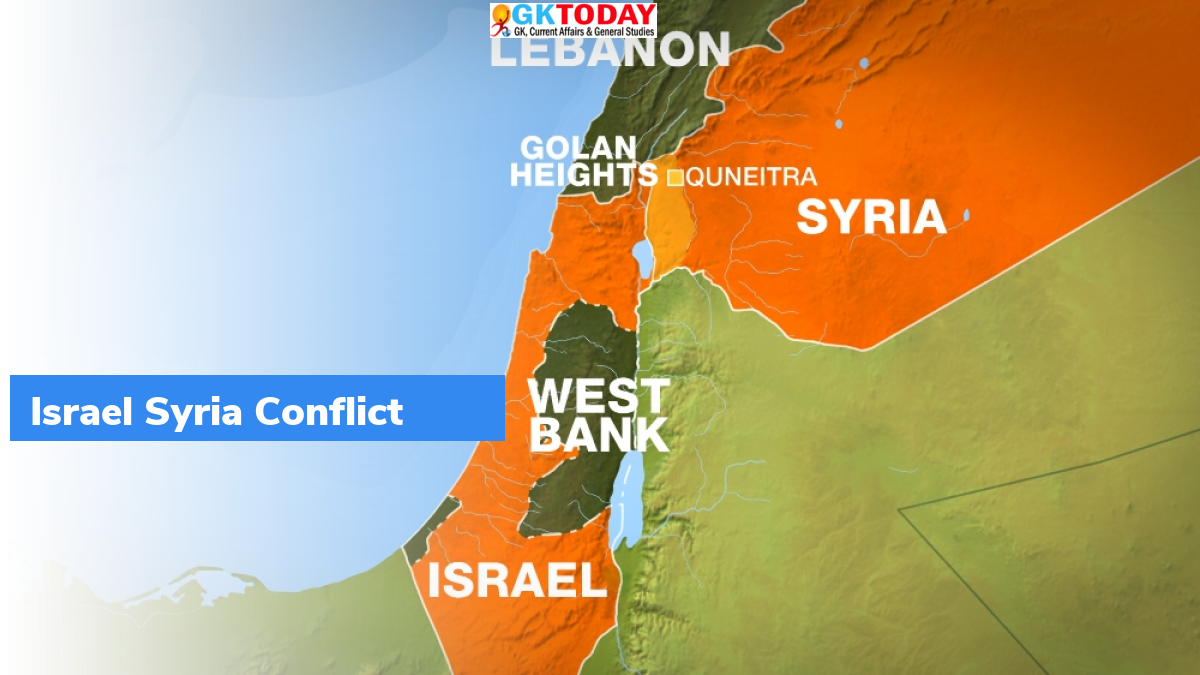The Rafah Crossing
In the wake of Israel’s blockade of the Gaza Strip following the October 7 attack by Hamas, the Rafah border crossing with Egypt has become a crucial point for civilians seeking to enter or leave Gaza. This crossing, unlike others, is not controlled by Israel. However, Egypt has kept the Rafah crossing sealed since October 10, leading to diplomatic negotiations to facilitate the passage of people and supplies. The situation has intensified as Israel prepares for a potential ground invasion of Gaza, coupled with deteriorating living conditions in the Strip due to Israeli airstrikes.
Appearance and Process
- On the Palestinian side, the crossing is marked by two large arcing structures that intersect above a stone-encased building, with ornate metal gates blocking access. In recent days, people waiting to leave Gaza have gathered in this area.
- After passing through these gates, travelers encounter another Palestinian gate where their credentials are checked. From there, they typically board a bus to travel a short distance to the Egyptian section of the crossing. Private vehicles are not permitted to pass.
- On the Egyptian side, there is a wide structure with a yellow facade. Aid workers have been seen parking their trucks near this gate, waiting for a decision on the crossing’s opening.
Importance to Gaza
- Restrictions on the movement of people and goods to and from Gaza, imposed by both Israel and Egypt, have severely affected the living conditions of Palestinians in the Gaza Strip. Both countries have made entry from Gaza contingent on obtaining permits.
- Egypt has occasionally closed the Rafah gate due to security concerns. In 2022, the crossing was open for 245 days, facilitating the entry of more than 133,000 people and the exit of 144,000.
- Essential goods such as diesel, cooking gas, and construction materials have typically passed through the nearby Salah a-Din gate, operational since 2018. Before that, household items were often smuggled through underground tunnels.
Impact of the War
- According to the UN High Commissioner for Human Rights, Israel’s retaliatory airstrikes against Hamas, the armed group controlling Gaza, have damaged the Rafah crossing. Multiple strikes near the crossing have been verified through video and satellite imagery.
- Foreign passport holders who were waiting at the border in hopes of leaving Gaza reported being evacuated after the crossing was struck.
- U.S. officials expressed hope that Israel would refrain from bombing the Rafah crossing area.
Current Situation
- Hundreds of people, including foreign and dual citizens, have gathered on the Gaza side of the crossing, anticipating a potential opening. However, efforts by the United States and others to broker a deal with Israel and Egypt to facilitate the departure of foreign citizens and the entry of humanitarian aid have not yet succeeded, and the border remains closed.
- Many American citizens in Gaza have stayed in temporary accommodations near the border in case it opens. Like most Gazans, they have faced communication limitations due to power shortages for charging phones and difficulties finding essential supplies like medicine, water, and food.
- At one point this week, guards on the Gaza side of the crossing informed people that it was closed, as reported by a Palestinian American hoping to cross. These guards were reportedly from the Hamas-run Interior Ministry.
- Truckloads of aid from various countries have been waiting for approval to enter Gaza from Egypt. Photos and videos show lines of aid trucks waiting in the Egyptian city of Arish, approximately 30 miles from the border. The delays have been attributed to disputes and bureaucratic obstacles, causing frustration, as stated by a World Health Organization official.
Month: Current Affairs - October, 2023
Category: International / World Current Affairs • Places in News Current Affairs


